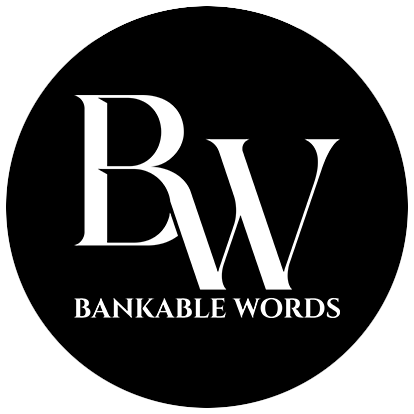Hey there, fellow content creators!
If you’re like me, the world of SEO might feel like navigating a dense jungle with nothing but a machete and a vague sense of direction. But fear not! Over the years, I’ve hacked my way through the underbrush and uncovered the secrets to making content not just good but search-engine-great. Today, I’m here to share my hard-won insights with you.
Tip 1: Start with Stellar Keywords
Keywords are the compass of your SEO journey. They guide search engines to your content and help your audience find exactly what they’re looking for. But here’s the catch: you need the right keywords. Tools like Google Keyword Planner or Ahrefs can help you identify high-volume, low-competition keywords that are perfect for your niche.
Pro Tip: Long-tail keywords (those three- and four-word phrases specific to what you’re selling) can be goldmines. They might have lower search volumes, but they often attract more targeted traffic.
Tip 2: Craft Compelling Titles
Your title is the first thing people see in search results, and it’s your best chance to grab their attention. Make it count! Include your main keyword, keep it under 60 characters, and make it compelling. Think of it like a billboard for your content.
Tip 3: Optimize Your Meta Descriptions
Meta descriptions might seem like a small detail, but they’re crucial. This little snippet below your title in search results is your elevator pitch to potential readers. Keep it under 160 characters, include your keyword, and make it persuasive.
Tip 4: Use Headings Wisely
Headings (H1, H2, H3, etc.) are like the skeleton of your content—they provide structure and help search engines understand the hierarchy of your information. Your main title should be an H1, and your main points should be H2s. Subpoints can be H3s, and so on.
Tip 5: Write for Humans, Not Just Robots
Here’s a weird but true fact: Did you know that Google’s algorithms are designed to mimic human behavior as closely as possible? This means that writing content purely for SEO without considering readability and user engagement is a recipe for disaster. Always prioritize your readers. Make your content engaging, valuable, and easy to read.
Tip 6: Optimize Your Images
Images can significantly enhance your content, but they can also slow down your site if not optimized properly. Compress your images to reduce their size without losing quality, and always use descriptive, keyword-rich file names and alt text. This not only helps with SEO but also makes your content more accessible.
Tip 7: Build Quality Backlinks
Backlinks are like votes of confidence from other websites. The more high-quality, relevant sites that link to your content, the more authoritative it appears to search engines. This can be one of the more challenging aspects of SEO, but guest blogging, creating shareable infographics, and networking with other content creators can help you earn those valuable links.
Bonus Tip: Keep It Fresh
Search engines love fresh content. Regularly update your existing posts to keep them relevant, and continuously add new content to your site. This not only signals to search engines that your site is active but also keeps your audience engaged and coming back for more.
Putting It All Together
Let’s take a real-world example. A while back, I worked with a small business that sold eco-friendly home products. Their blog was packed with great information but wasn’t getting much traffic. We started by identifying keywords that their potential customers were searching for, like “sustainable cleaning products” and “eco-friendly home tips.”
Next, we crafted compelling titles and meta descriptions for their posts, making sure each piece of content was structured with clear headings and optimized images. We reached out to eco-lifestyle bloggers and sites for backlinks, offering to write guest posts and share their content.
The result? Their organic traffic increased by over 200% in just six months. Not only were they ranking higher in search results, but they were also building a loyal audience who valued their expertise.
One final thought…
SEO doesn’t have to be a daunting jungle. With the right tools and strategies, you can clear a path to higher rankings and greater visibility. Remember, it’s all about creating content that’s valuable to your audience and easy for search engines to find and understand.
So grab your SEO machete, and let’s start optimizing!
Best,
Candace
